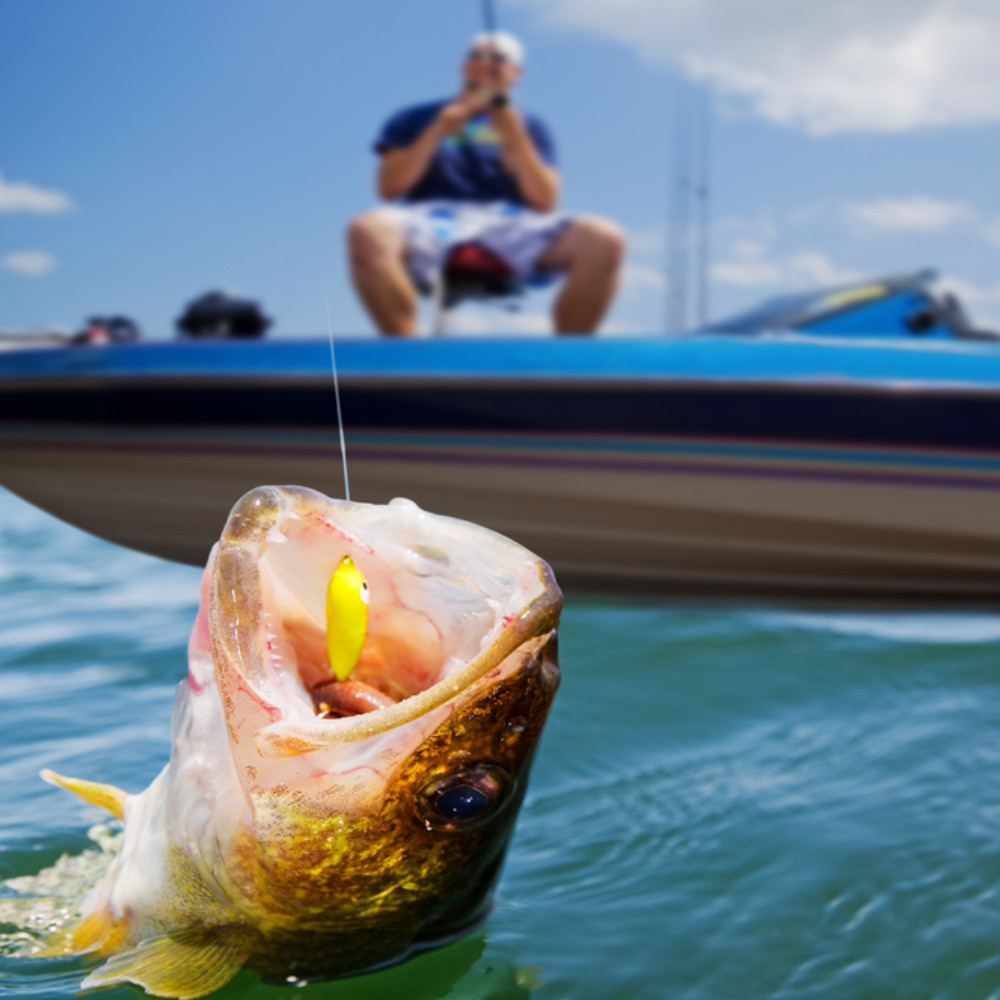![]()

Anglers who catch walleyes in deep water should carry and learn how to use deep-water release devices to prevent fish deaths.
Walleyes are moving away from their spawning locations into deep water. Anglers reeling them up from depths of 25 feet or more can cause barotrauma in walleyes. Barotrauma is when the gas in a walleye’s swim bladder, which help control buoyancy, expands, forcing eyes to bulge and bladder to push out of its mouth. If the fish is released in this condition, it is unable to get back down to its depth.
Lake McConaughy, Merritt Reservoir and Elwood Reservoir typically are the reservoirs where this can be an issue.
Daryl Bauer, fisheries outreach program manager with the Nebraska Game and Parks Commission, said Nebraska anglers are not aware of deep-water release devices. Instead, he said, they use hypodermic needles to release the gas from walleye suffering from barotrauma, which he said there is no research to show it is effective in saving the fish.
A blog written by Bauer discusses this issue and includes a video on how to deep-water releasing of fish. View it at magazine.outdoornebraska.gov/2014/11/deep-water-mortality/.
To avoid causing barotrauma, anglers can move into shallower water. But those who intend to fish for walleye in deep water at these reservoirs should plan. Have a deep-water release device on hand to quickly release fish back down to where they came from. After hooking a walleye, land it as quickly as possible; reeling slowly will not decrease the effects of barotrauma.
For more information on fishing, or to buy a permit, visit OutdoorNebraska.gov.

